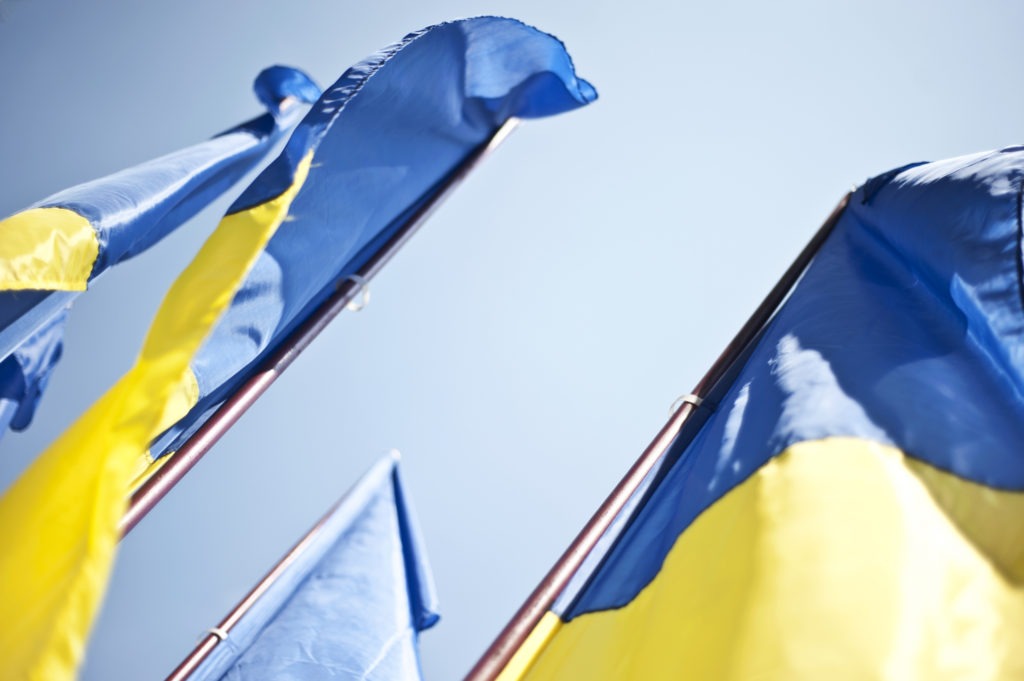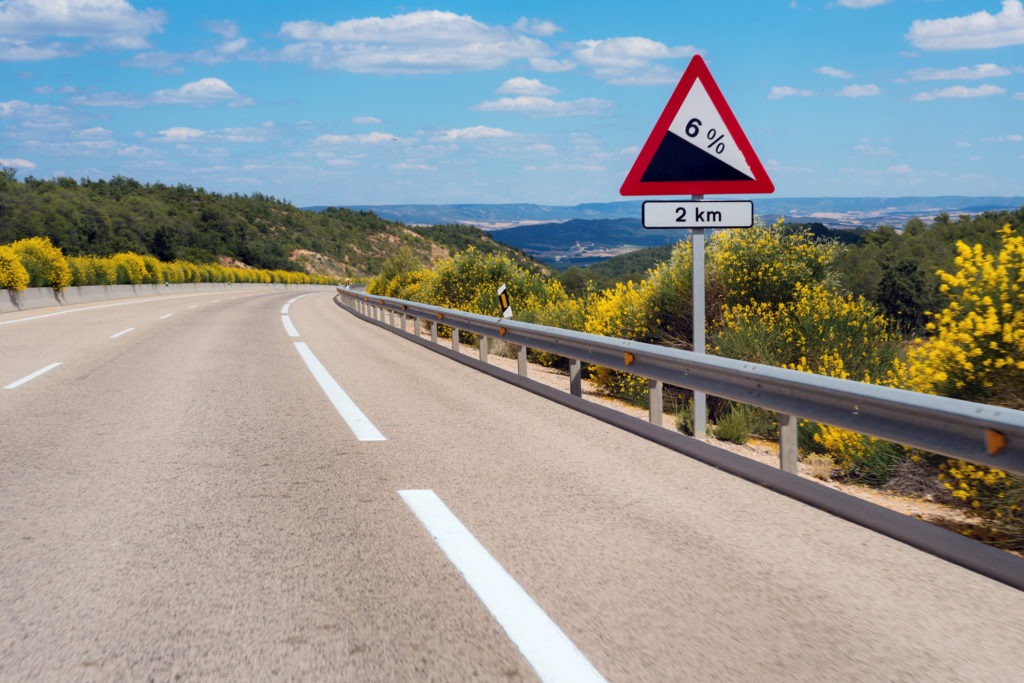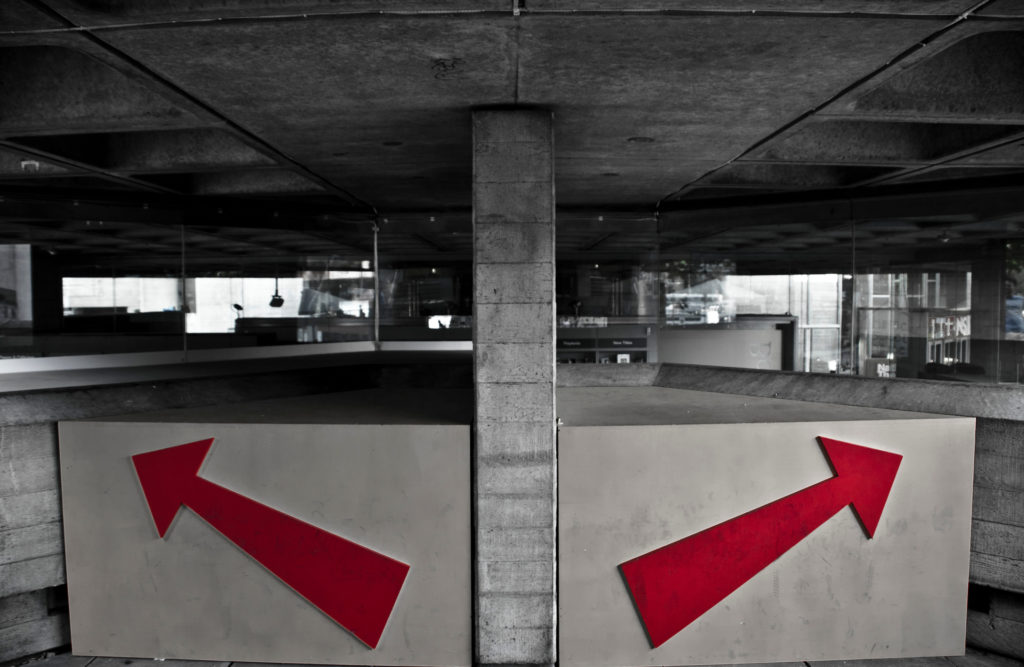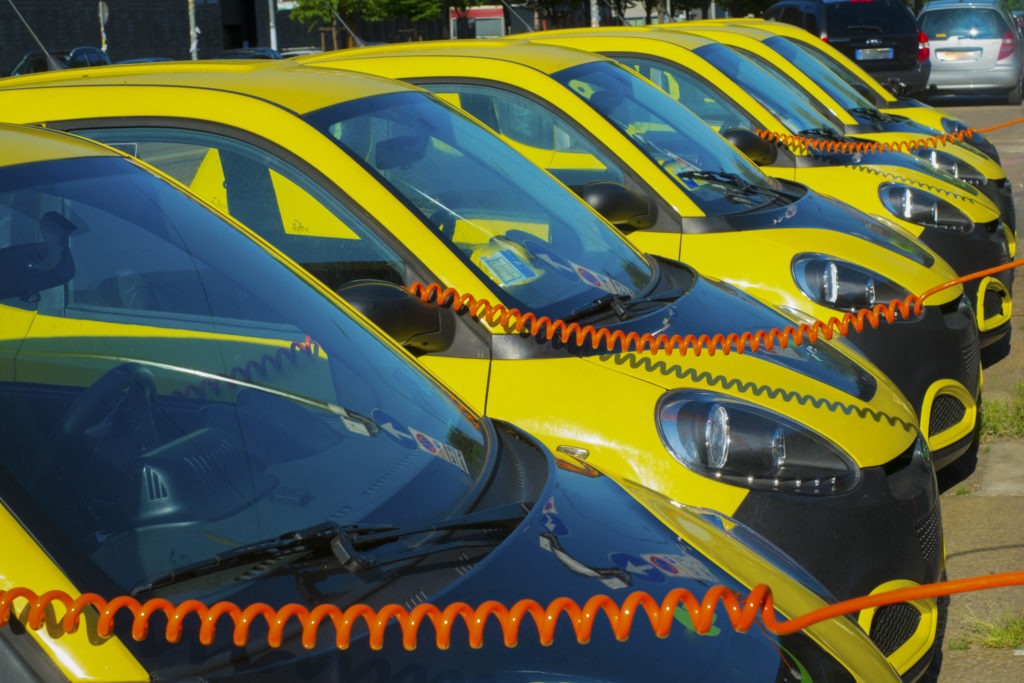Russia’s Ukraine invasion forces more change to automotive production
28 February 2022

Carmakers are paying close attention to the evolving invasion of the Ukraine by Russia and its economic impact. Some car manufacturers are adjusting their production plans and points of sale. This includes Volvo Cars, Renault Group, Ford, Volkswagen (VW) Group, and Daimler Truck.
Day five of the invasion of Ukraine has brought with it talks, a call for EU membership, and continuing conflict. Russia’s economy has taken a battering, with interest rates doubling to 20%, and people queuing at cashpoints as the value of the rouble plummets. For the already struggling automotive industry, sanctions, surging prices, and supply-chain shortages are added to existing difficulties connected to the COVID-19 pandemic.
Suspended shipments
Volvo Cars has become the first carmaker to stop shipments to Russia until further notice. The decision was made due to ‘potential risks associated with trading material with Russia, including the sanctions imposed by the EU and US’, Reuters reported.
In terms of production, Renault confirmed with Autovista24 that as of 28 February, Avtovaz assembly lines in Togliatti, Russia have been suspended. The spokesperson said this was due to an ongoing worldwide electronic-component supply shortage. They stated the normal working programme should continue on 1 March.
Manufacturing parts for Lada, Renault, Nissan, and Datsun, Avtovaz is a member of the Renault-Nissan-Mitsubishi Alliance. Meanwhile, Renault’s Moscow plant will see a temporary pause in production from 28 February to 5 March due to what is being described as ‘logistics issues’.
‘Deeply shocked’
Reflecting on the recent geopolitical developments, Daimler Truck suspended all its business activities in Russia until further notice. A spokesperson told Autovista24 it will monitor the situation, continuing to review its decision, while also complying with decisions made by the German government and EU.
Daimler said it is: ‘deeply shocked by the military violence in Ukraine and very concerned about the threats to peace and stability in Europe.’ The manufacturer said it stood for peaceful global cooperation and rejected any form of military force.
Reviewing its work with Russian truckmaker Kamaz, the German manufacturer said its cooperation was ‘purely civilian’. The company supplies exclusively civilian truck components, while the joint venture Daimler Kamaz Rus only manufactures non-military parts. ‘In this cooperation, it goes without saying that we have always strictly complied with all applicable export control and sanction regulations,’ the spokesperson added.
‘Deeply concerned’
Another collaborative effort Ford Sollers, is a joint venture between the American car company and Russian automotive firm, PJSC Sollers. Formed in 2011, it oversees the production and distribution of Ford Transit vans. Considering its operations in the region, the American company said it would monitor and manage the effects as they arose.
Ford of Europe told Autovista24, ‘we are deeply concerned about the situation in the Ukraine and the safety and well-being of people there and throughout the region. We are following and will manage any effects on our business in real-time. There is nothing more we can add at this time.’
‘Concern and dismay’
VW Group is due to halt production at two of its German factories for a number of days. Speaking with Reuters at the end of last week, a company spokesperson confirmed both its Dresden and Zwickau factories would be hit by supply-chain shortages. Speaking with Autovista24, the OEM highlighted the unclear and volatile nature of the situation.
‘The VW Group has taken note of the reports of Russian attacks on Ukraine with great concern and dismay. VW hopes for a swift end to hostilities and a return to diplomacy. The safety and security of our employees is our top priority for all local activities,’ the spokesperson said.
The Group relies on a global network of more than 40,000 suppliers, some of which are based in western Ukraine. ‘Due to the current situation in this region, there may be disruptions in the supply chain. This can lead to adjustments in production at individual Group locations. Group purchasing is engaged in an intensive exchange with the relevant suppliers and is reviewing alternatives,’ VW concluded.
Vehicles are made up of tens-of-thousands of components, which are built, shipped, and delivered ‘just-in-time’ all over the world. COVID-19 already highlighted the fragility of this system and now the Russian invasion of Ukraine is threatening to further complicate matters.
‘Added pressure’
Autovista24 published a special podcast featuring expert insight into the invasion’s impact on the automotive industry. Autovista24 editor Phil Curry, Autovista Group chief economist Christof Engelskirchen, and Autovista Group director of valuations Roland Strilka discussed the impact of sanctions, price increases, and a drawn-out conflict.
Other forecasters and analysts have also begun adjusting outlooks through the lens of conflict. Jeff Schuster, president, Americas operations and global vehicle forecasts at LMC Automotive explained that the invasion will add another layer of substantial risk to a 2022 recovery.
‘An already tight supply of vehicles and high prices across the globe will be under added pressure based on the severity and duration of the conflict in Ukraine,’ he said. ‘Rising oil and aluminium prices will likely affect consumers’ willingness and ability to purchase vehicles, even if inventory improves.’
Shipping suspensions, parts shortages and geo-political strains will be further compounded by elevated fuel and energy costs. For example, Russia is the second biggest exporter of crude oil. In the UK, the average price of petrol rose to £1.51 (€1.81) and diesel to £1.55 a litre over the weekend. Meanwhile, in Germany, recent figures point to petrol prices of €1.80, with diesel sitting at €1.66 a litre.



